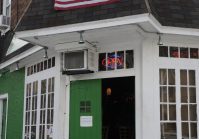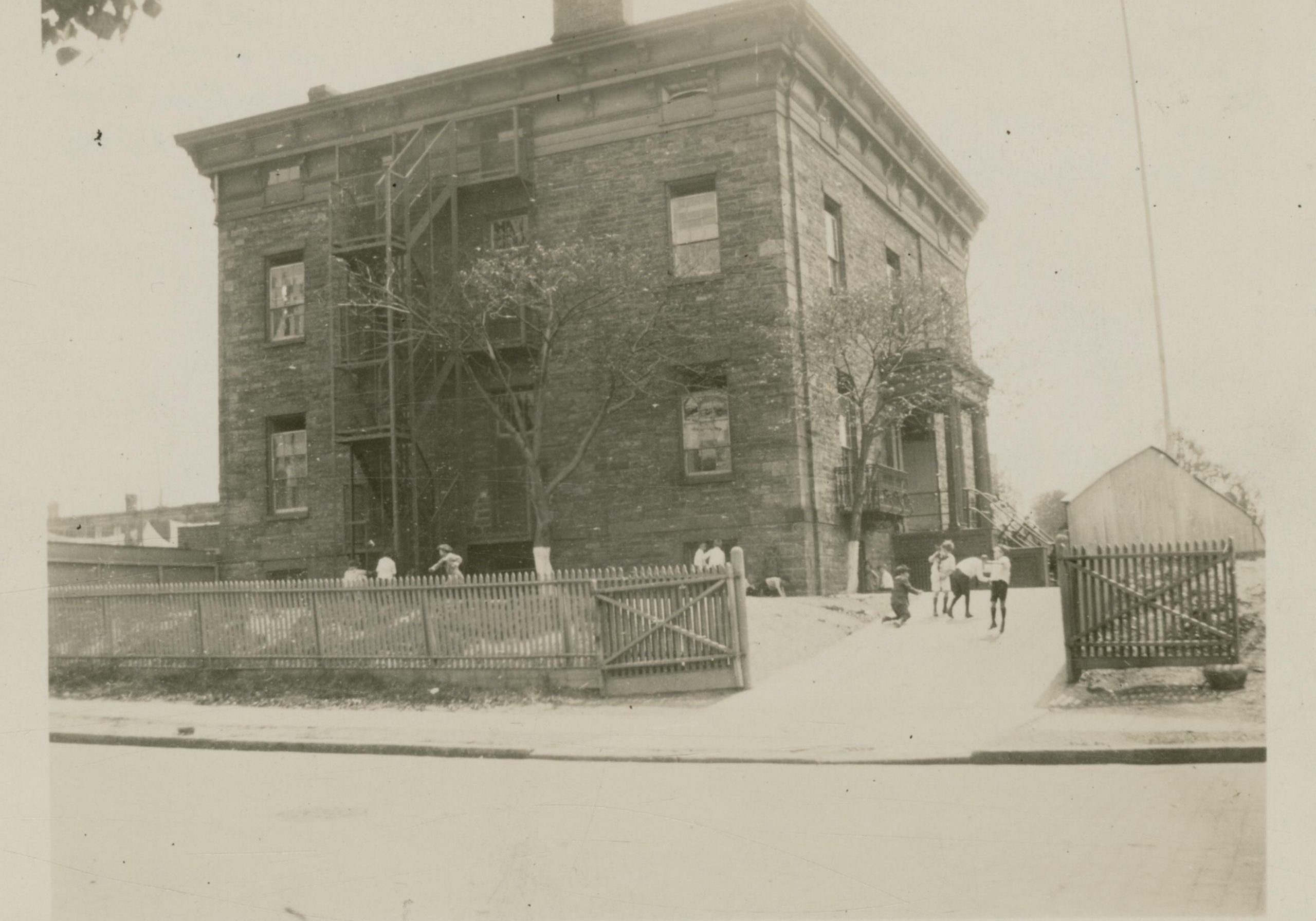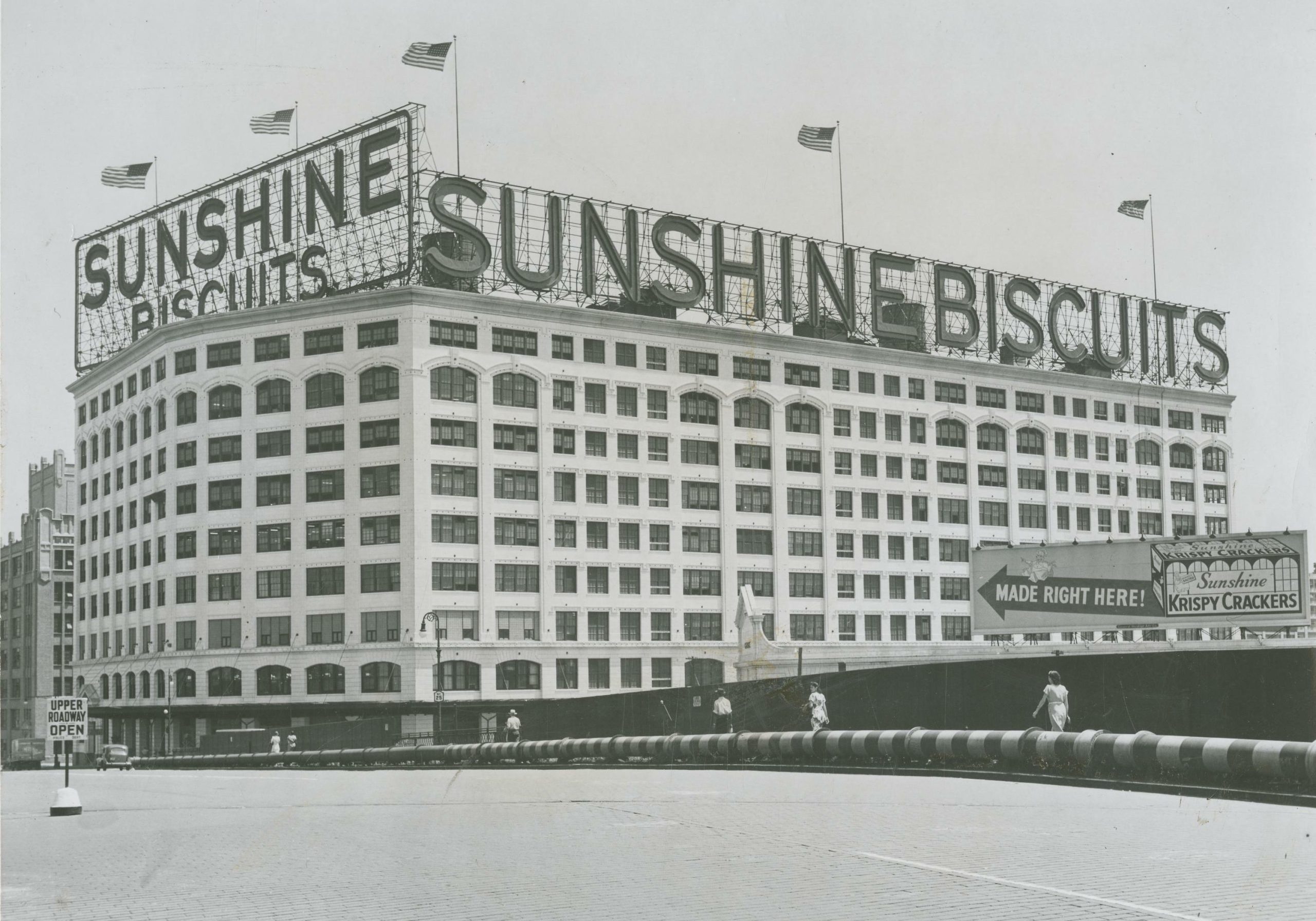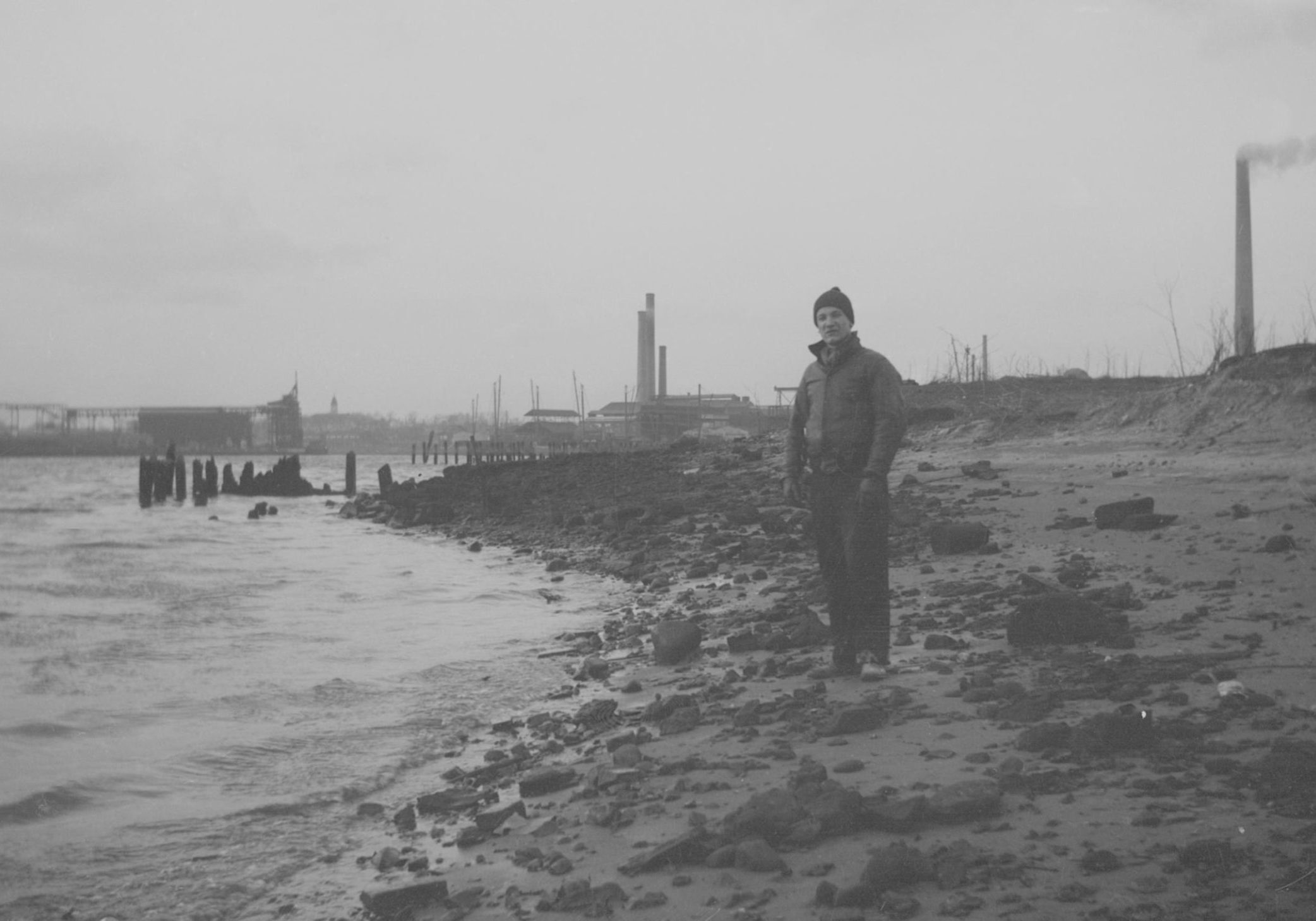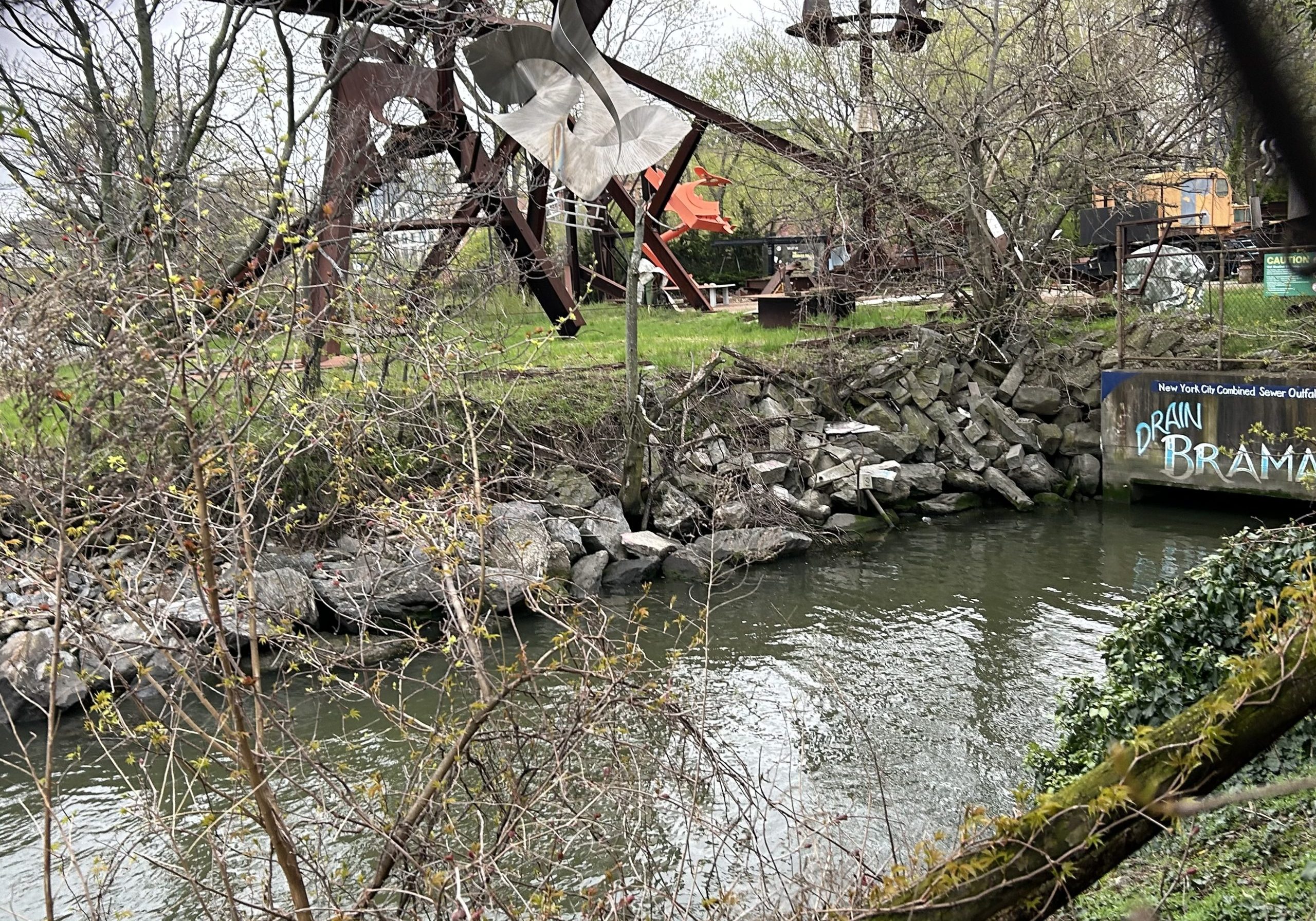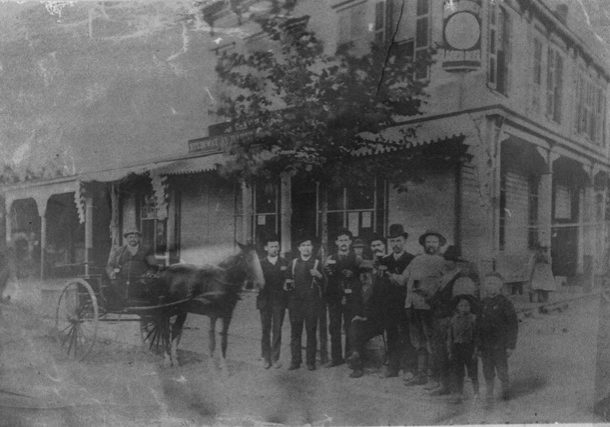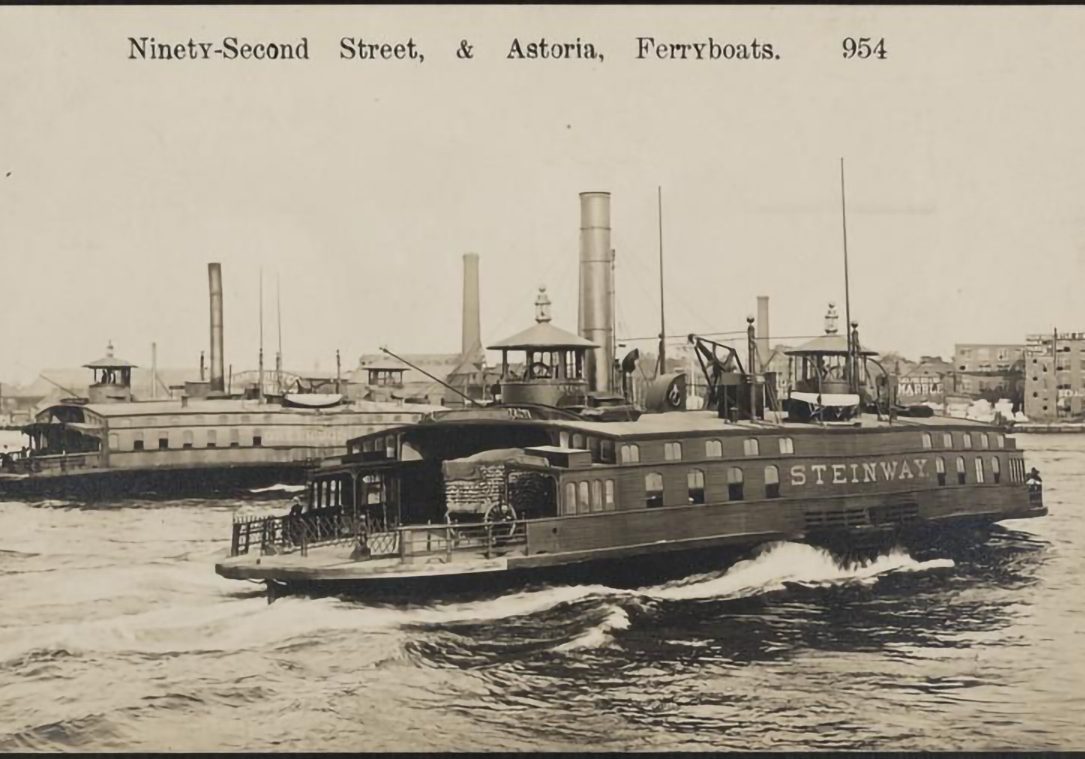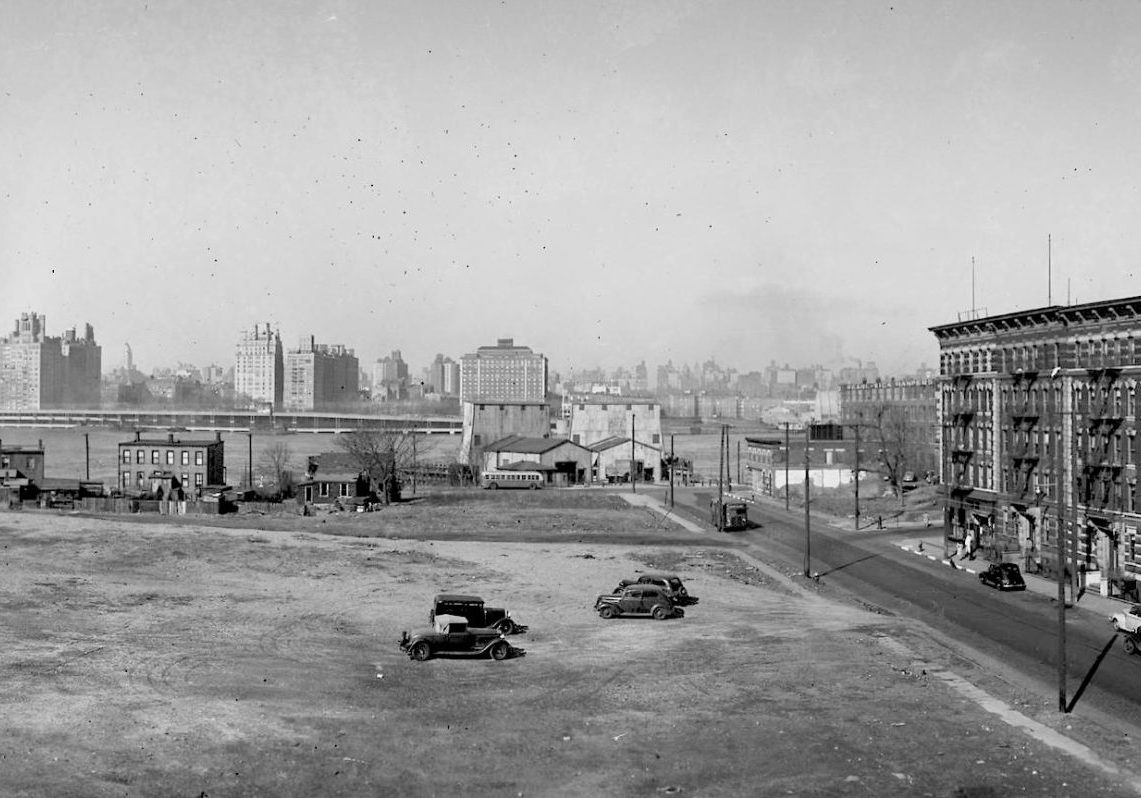Hector Algarroba: Changing Lives in the Dominican Republic
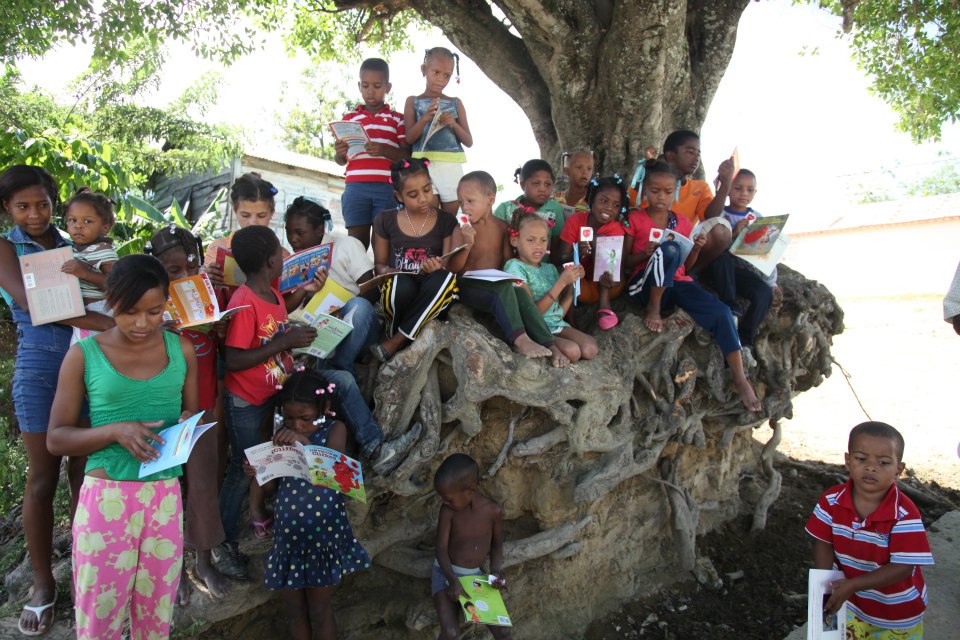
How did the HHS Foundation begin?
I started the foundation back in 1998. It came from my own experience, and seeing what was needed. I was born in the Dominican Republic, and came here when I was 10, and I saw firsthand what it’s like. The thing I always remembered was playing baseball without any equipment.
It started with me, my father Hipolito, and my son Steven – that’s what the HHS stands for. Since we started, we’ve also had on board Sonia Martinez, who is the Executive Director and runs the foundation in the Domincan Republic.
Is baseball very popular in the Dominican Republic?
Absolutely. Everyone plays it, everyone loves it. Kids can play for hours and hours, and I thought that baseball equipment was one of the best thing to send over.
What else do you send?
We also send wheelchairs – at this time we’ve sent more than 4,000 wheelchairs. We also send books. Between books and baseball, it keeps the kids busy nearly all day. A baseball game in the heat takes a few hours, and it tires them out. It keeps them out of trouble – and that’s one of the goals. We want to keep the kids off the streets, and not involved in delinquency.
What sets the HHS Foundation apart from other charity organizations?
We don’t deal with money – just with materials that we have gathered. We also deliver everything ourselves – there’s no third party. When we take the equipment over, it belongs to the kids – and it really gives them a feeling of ownership. When they want to play, they don’t have to ask someone for a bat or a ball, they don’t have to ask for a door to be unlocked – they have something that belongs to them, and they can use it whenever they want.
You’re also focused hugely on education, can you tell us about that?
We saw the necessity for education – especially in areas that are really poverty stricken. We pushed the government to build schools in those areas – and they did. We have writers from Spain who have sent more than 5,000 books to children as well. We basically go to the places that are the most needy – the places that we can really make a difference.
We also have a library that we’ve built. The children can go and read as much as they’d like. One of our programs is called the “Take a Book in Your Luggage,” which is just what it says: you take a book in your luggage, wherever you’re traveling. Donate them, leave them in a coffee shop – do whatever with them – books have a way of getting around.
What is the reaction when children receive books, wheelchairs, or baseball equipment?
They’re thrilled. They’re really happy. The thing is, we bring everything ourselves – so we get to see that joy. We get to see each and every time their faces light up. It’s an amazing feel for us both.








